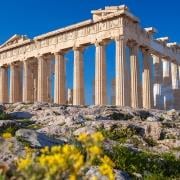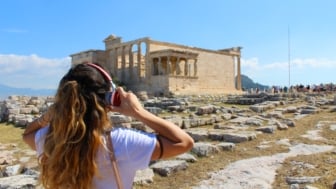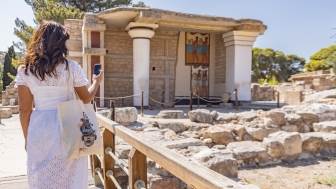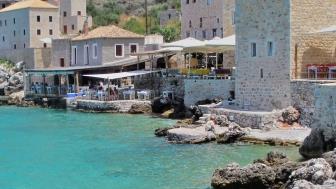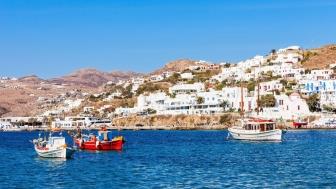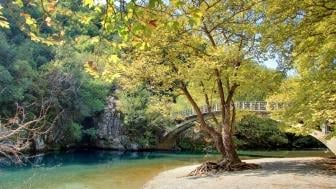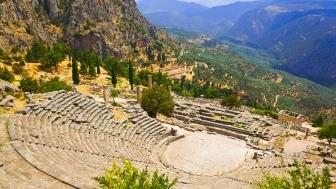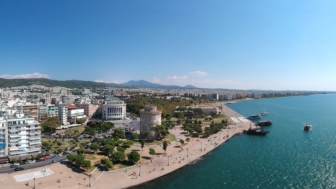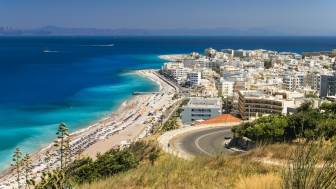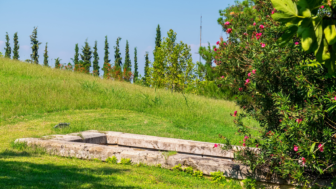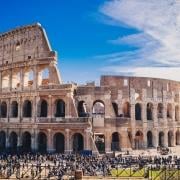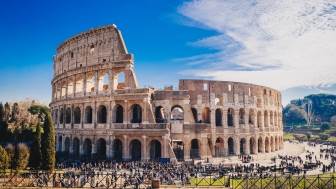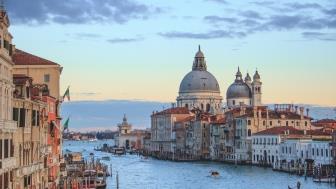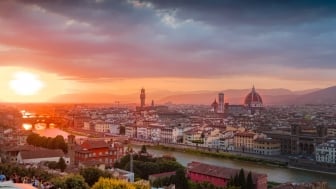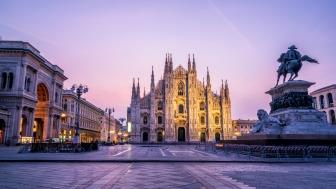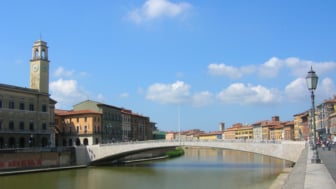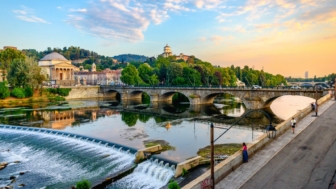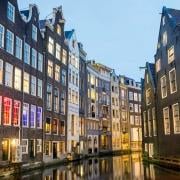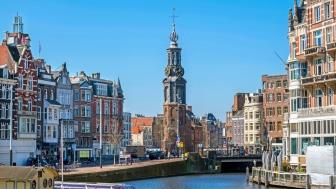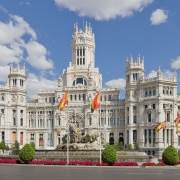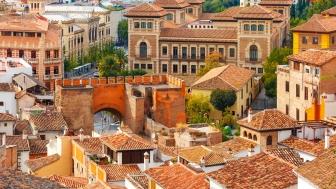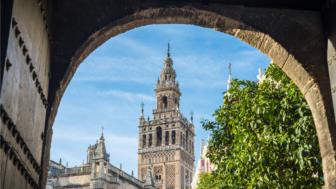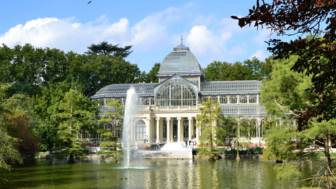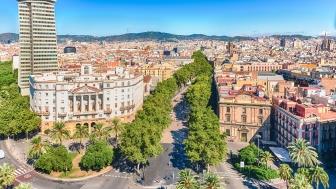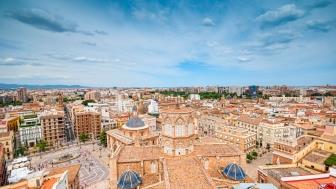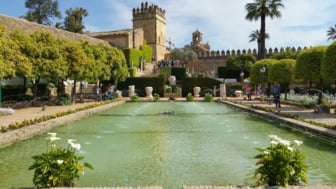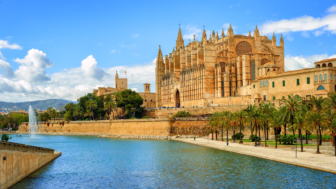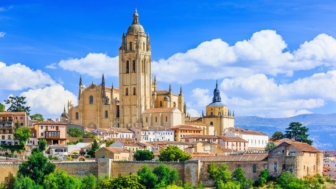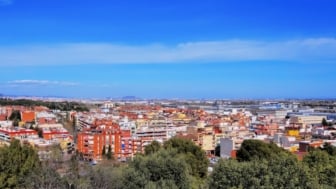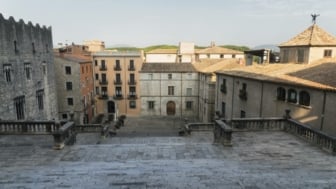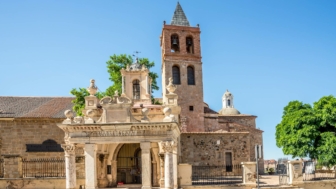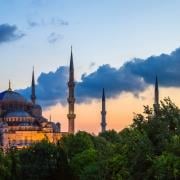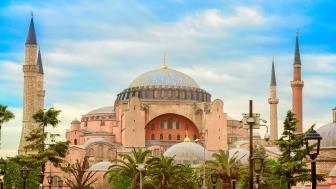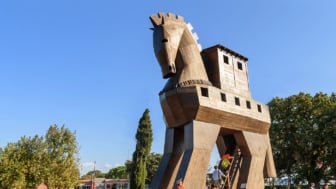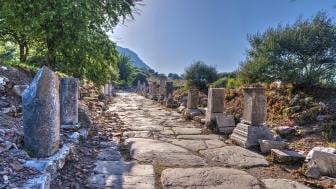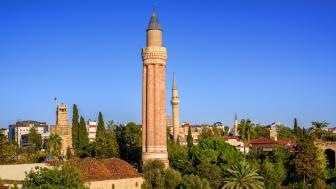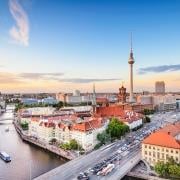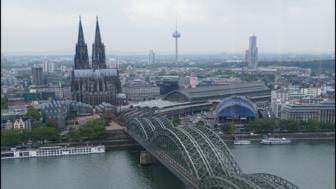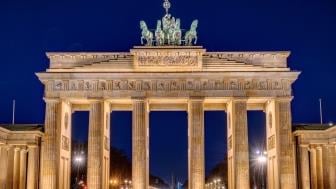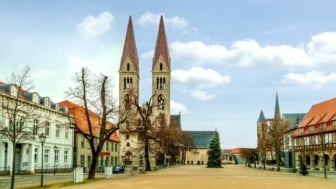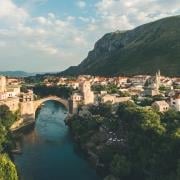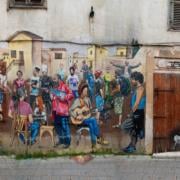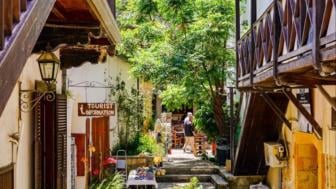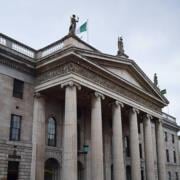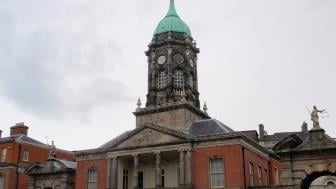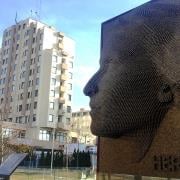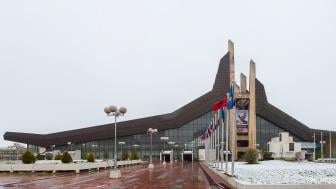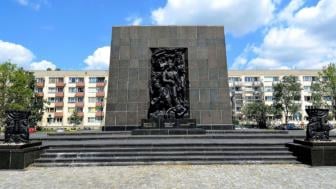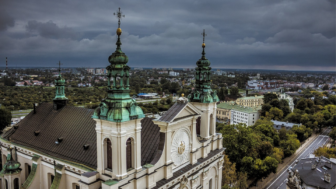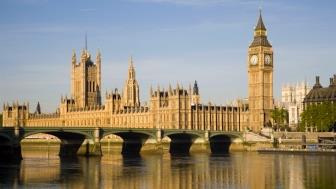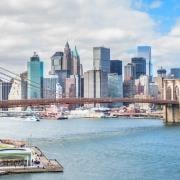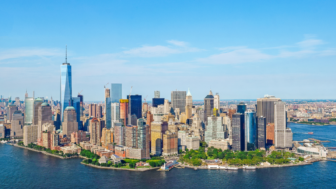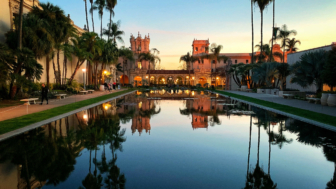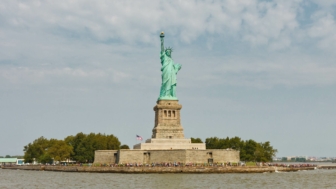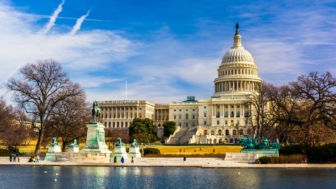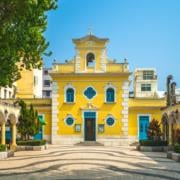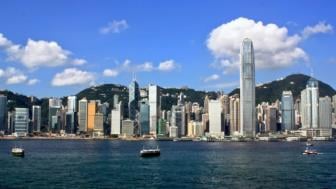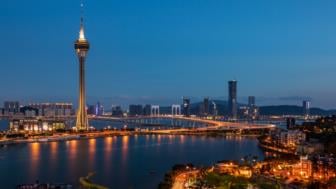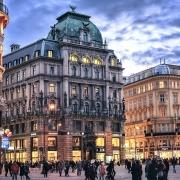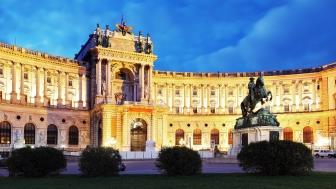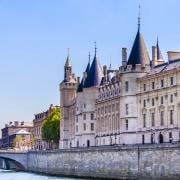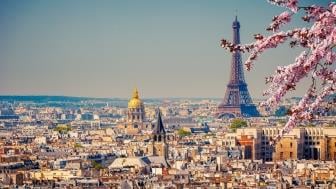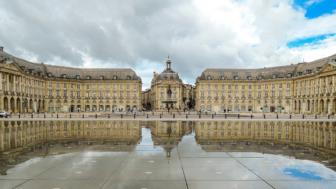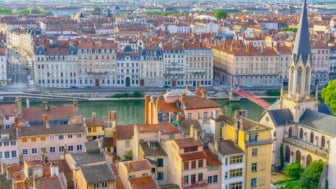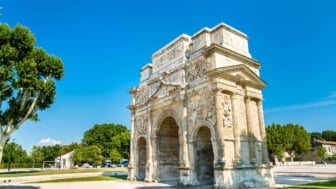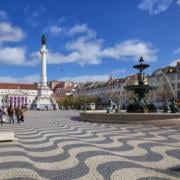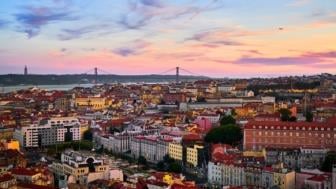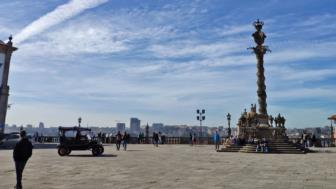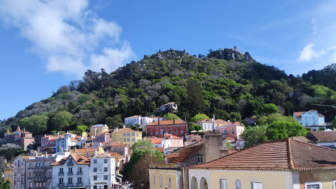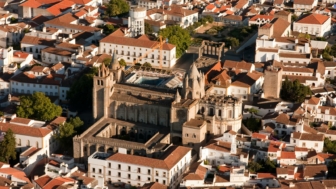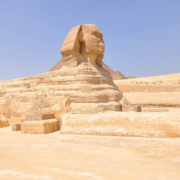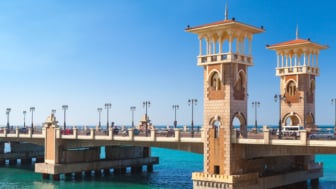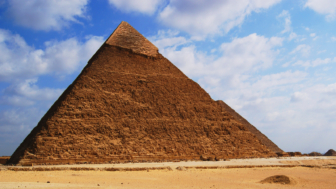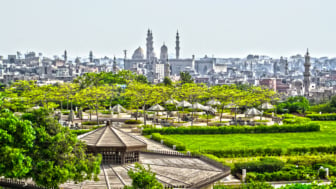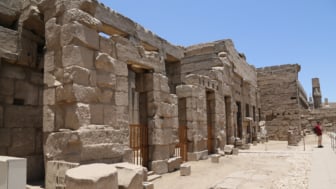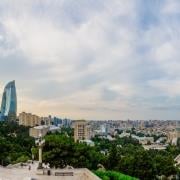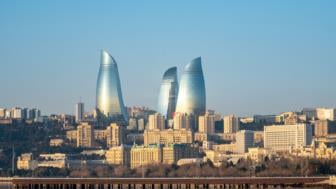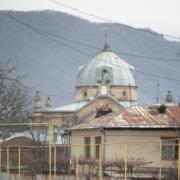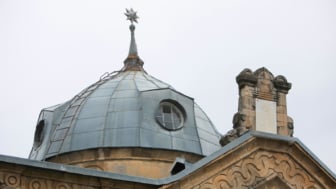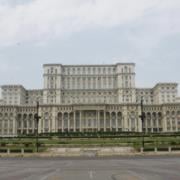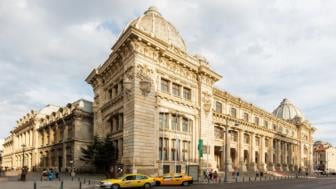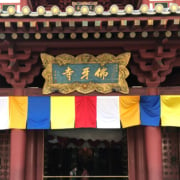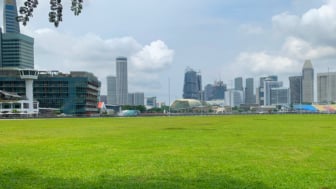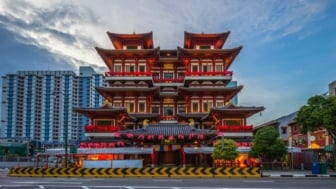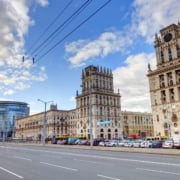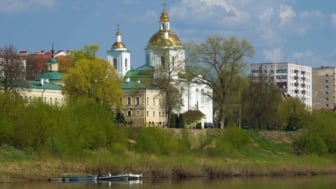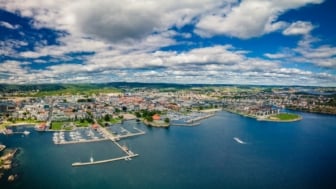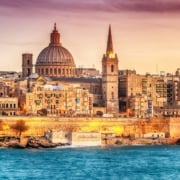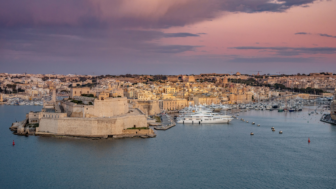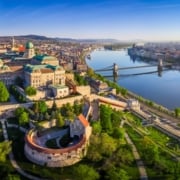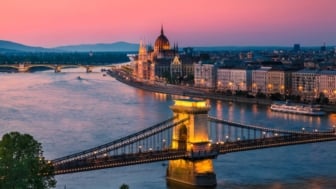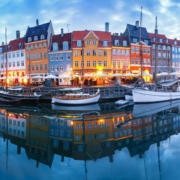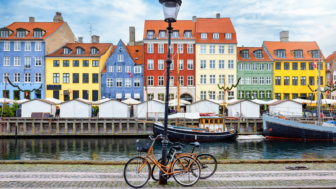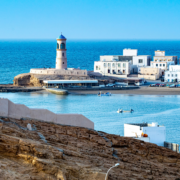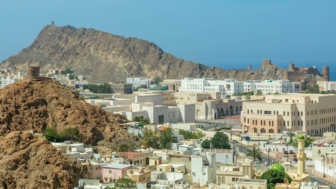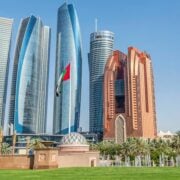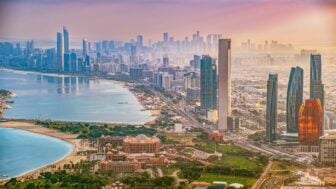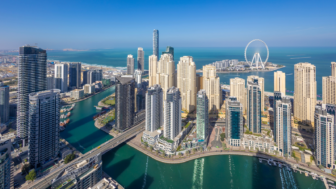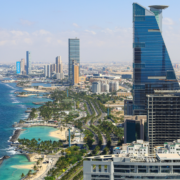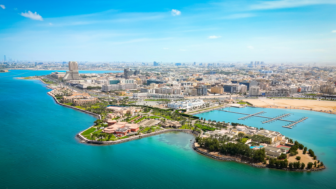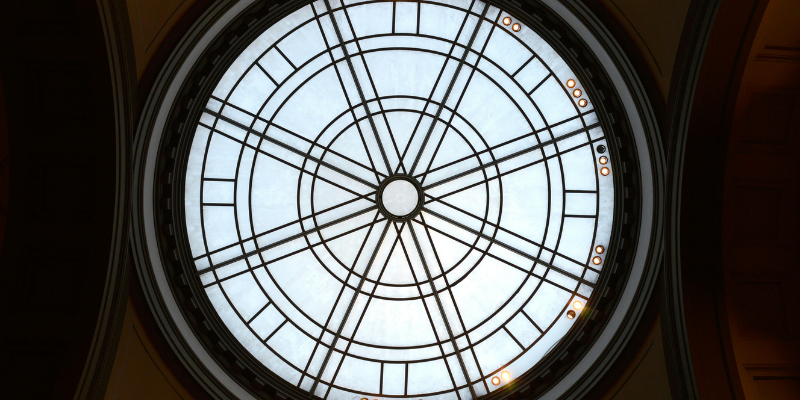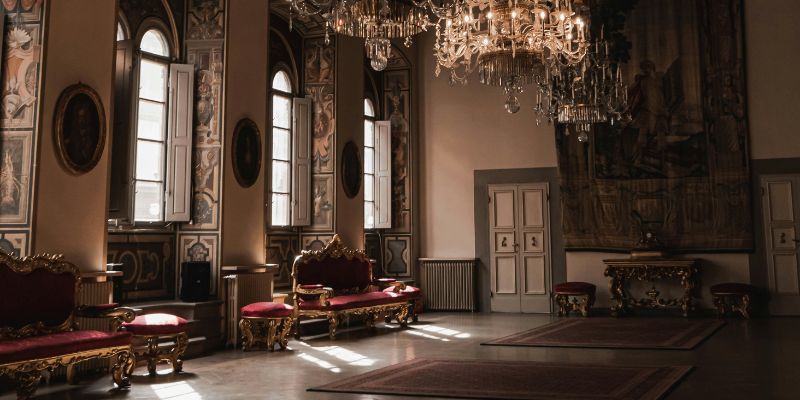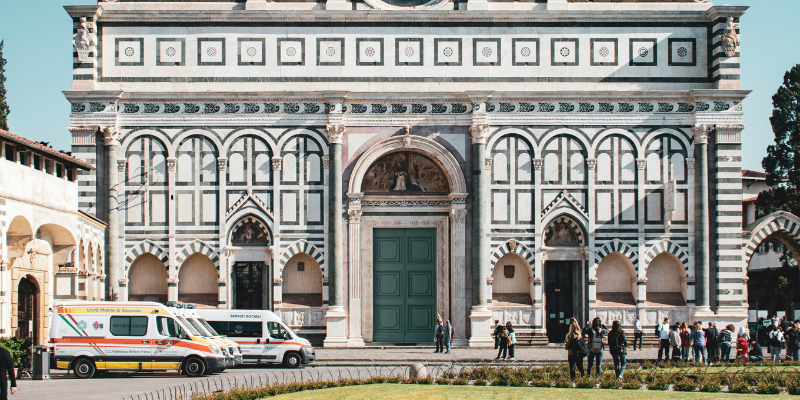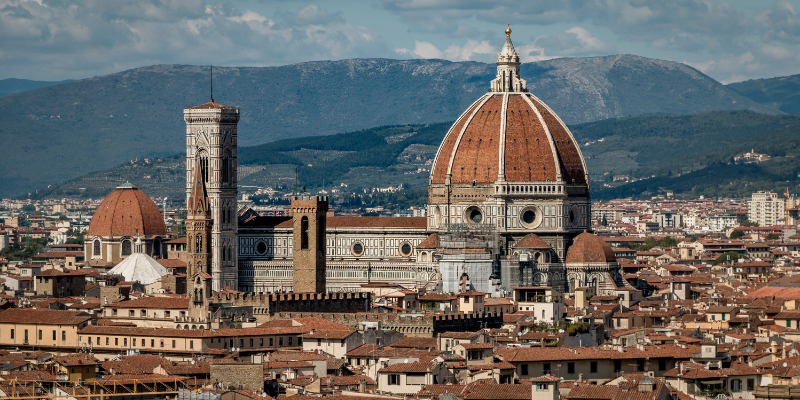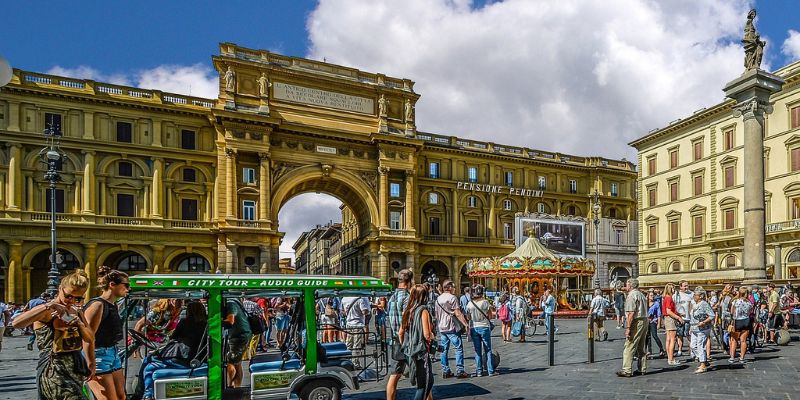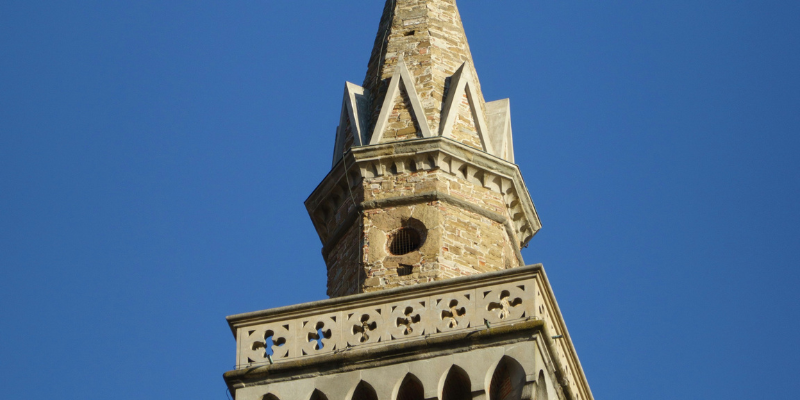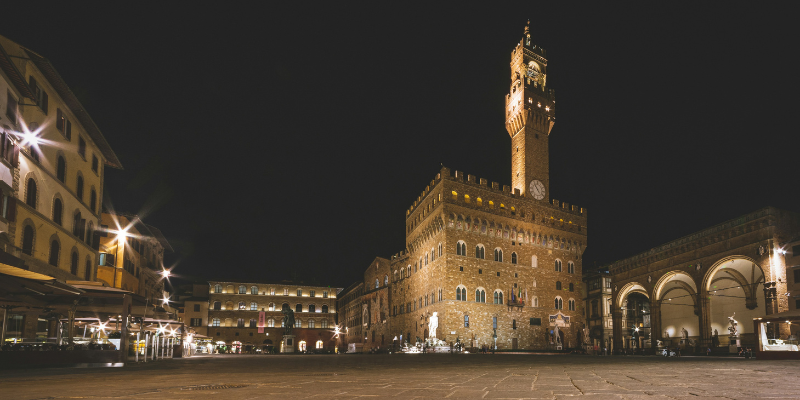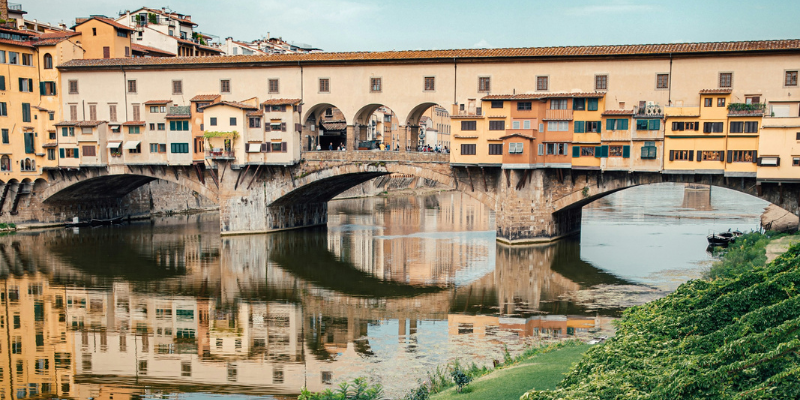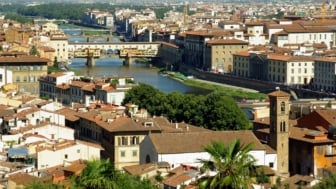Florence, the city that ignited the Renaissance, invites you to explore its rich heritage and marvel at some of the world’s most spectacular masterpieces. From Michelangelo’s David to Brunelleschi’s Dome, Florence offers an unforgettable, magical experience.
Galleria dell’Accademia
Start your exploration by visiting the Galleria dell’Accademia, home to Michelangelo’s David. Initially, the building next to the museum served as Florence’s School of Art. Vasari and Cosimo I de Medici founded the first Academy of Art in 1563. This current academy resulted from a reform initiated by Grand Duke Pietro Leopoldo of Lorena in 1784.
Palazzo Medici
Discover the legacy of the Medici family at Palazzo Medici, who ruled Florence for 300 years. Interestingly, their roots trace back to the countryside, specifically the Mugello valley. Giovanni di Bicci, the family’s patriarch, established the first Banco Medici in Florence at the end of the 14th century, marking the beginning of their influence.
Santa Maria Novella
Piazza Santa Maria Novella, one of Florence’s largest squares, is just a stone’s throw from the central railway station. Marvel at the two marble obelisks placed in 1608 on small bronze turtles by Giambologna. These marked the course of the Palio dei Cocchi, a chariot race from the mid-16th to mid-19th century. The southwest side of the square features the Loggia dell’Ospedale di San Paolo, now home to Florence’s Museum of Modern Art, Museo Novecento.
Santa Maria del Fiore
The Cathedral of Santa Maria del Fiore, known as the Duomo, was built on the ancient church Santa Reparata site. Construction began in 1296 under architect Arnolfo di Cambio, who completed half of the façade before his death. The façade was rebuilt in the 19th century when Florence became Italy’s temporary capital. Don’t miss the stunning crypt, revealing layers of the city’s history.
The Baptistery
The Baptistery of San Giovanni, one of Florence’s oldest buildings, dates back to the 5th century. Rebuilt in the 11th century, it exemplifies Romanesque architecture. Dedicated to Saint John the Baptist, it was a central symbol of Florence’s religious and civic life, where Florentines would offer candles to their patron saint.
Piazza della Repubblica
Travel back to Roman times in Piazza della Repubblica, the ancient Forum of Florence. This bustling hub was the epicenter of daily life and commercial activities. The city’s layout follows the Roman model, with streets organized in parallel and perpendicular lines. Look for the column marking the intersection of the Cardo and Decumanus, the city’s main axes.
Dante’s House
In the medieval heart of Florence stands Dante’s House, surrounded by the remnants of over 150 tower houses from the Guelphs and Ghibelline families. Close by, at Via Dante Alighieri, you’ll find one of the last remaining towers, affectionately known as “the chestnut.” This was the site of elections, where people voted using chestnuts.
Santa Croce
Piazza Santa Croce is where the early form of football, “Calcio Storico,” was played. Four teams from each city district competed in this historic game, with the final held on June 24th during the Feast of San Giovanni, the city’s patron saint. The most famous match occurred in 1530 during the siege by Charles V’s troops.
Piazza della Signoria
Uncover the layers of history at Piazza della Signoria, where archaeological excavations reveal settlements from the Roman period. During medieval times, this area was dominated by imposing tower houses of the Ghibelline families.
Ponte Vecchio
Conclude your Florence tour at Ponte Vecchio, Florence’s iconic bridge. Originally a wooden bridge from Roman times, it was rebuilt in stone in 1345 after a flood. Known for its innovative design with three segmental arches, it is believed to be the work of either Taddeo Gaddi or Neri di Fioravante.
Plan your visit and let the city’s magic unfold before your eyes with our self-guided audio tour.


